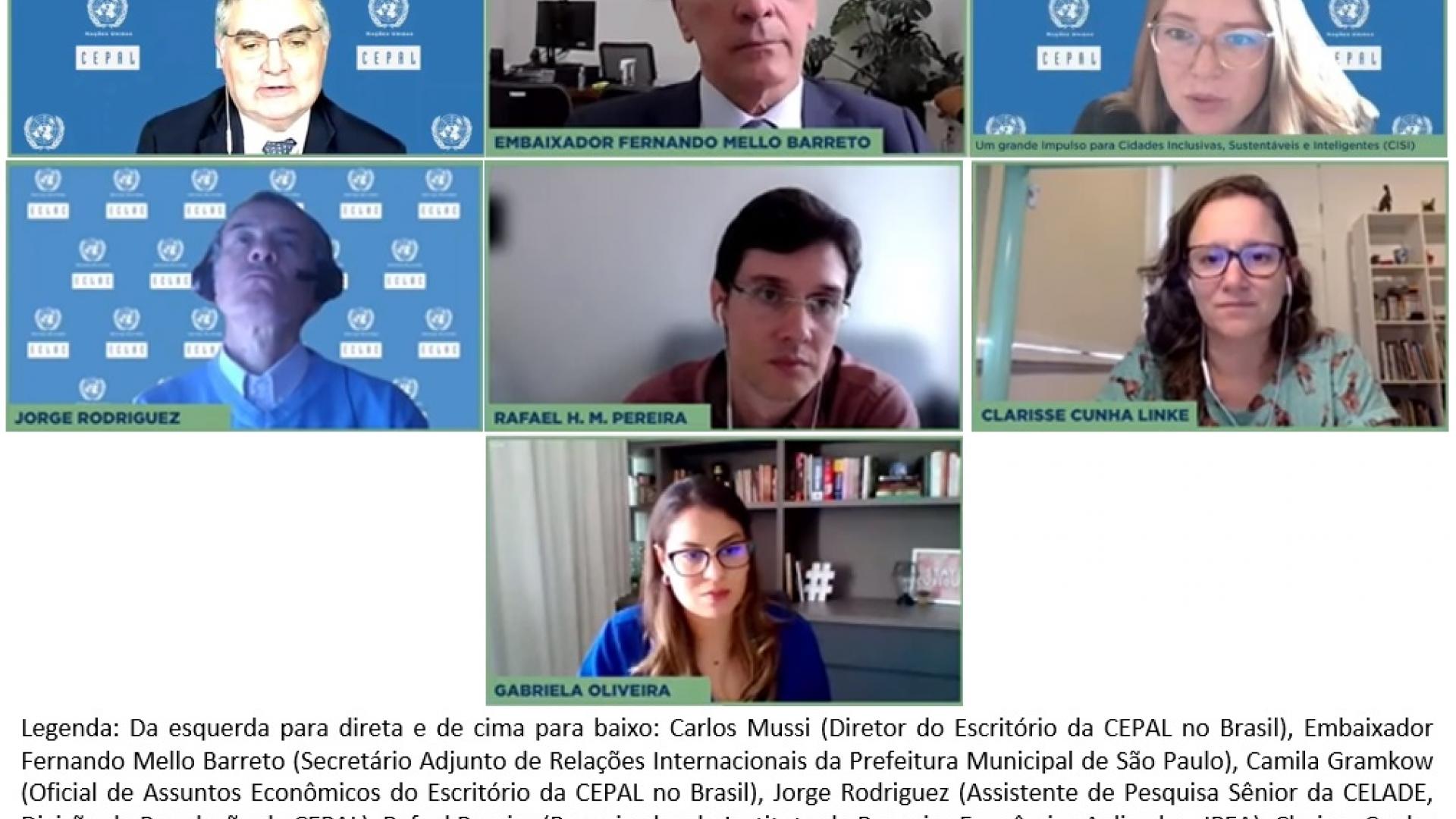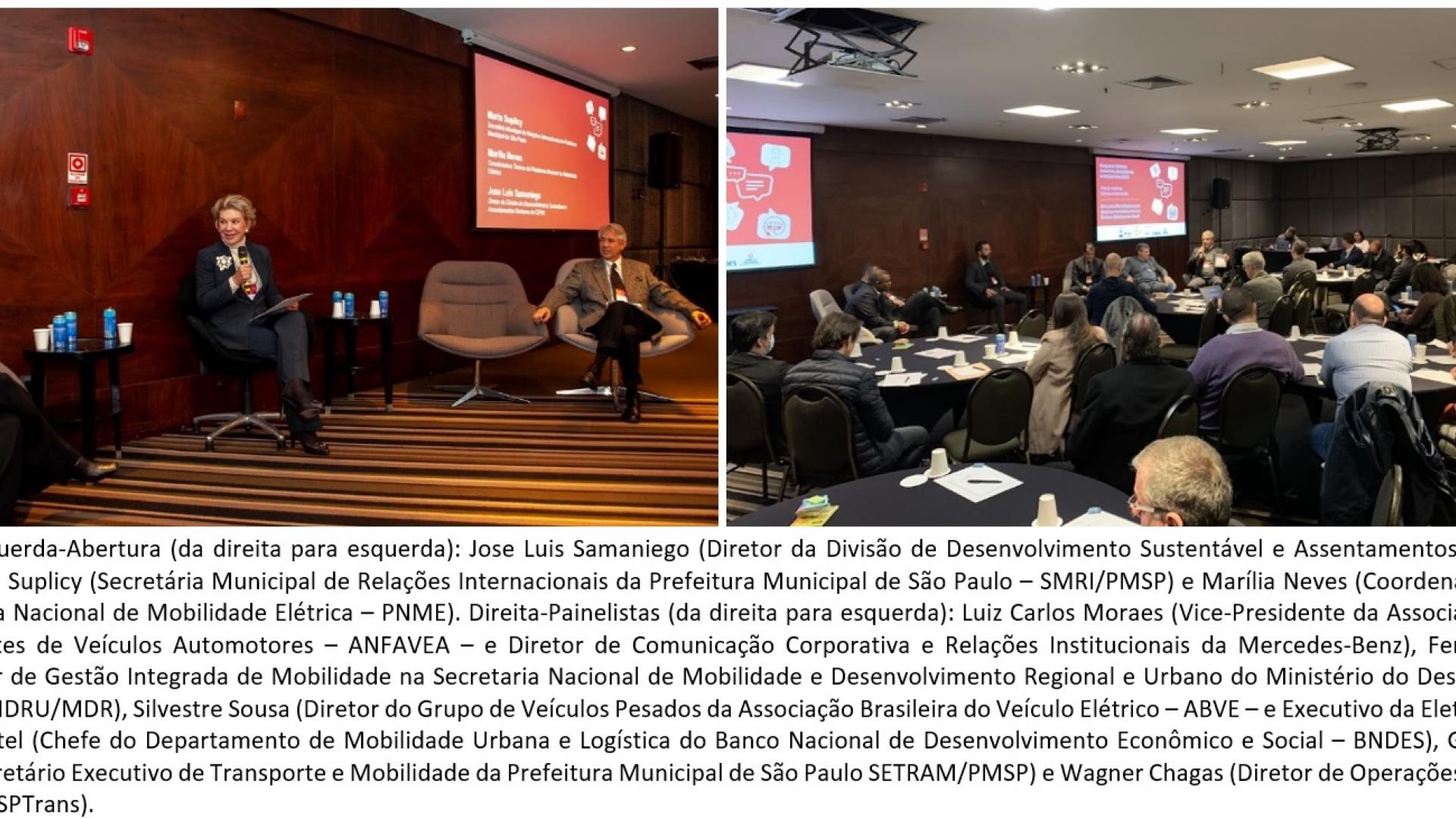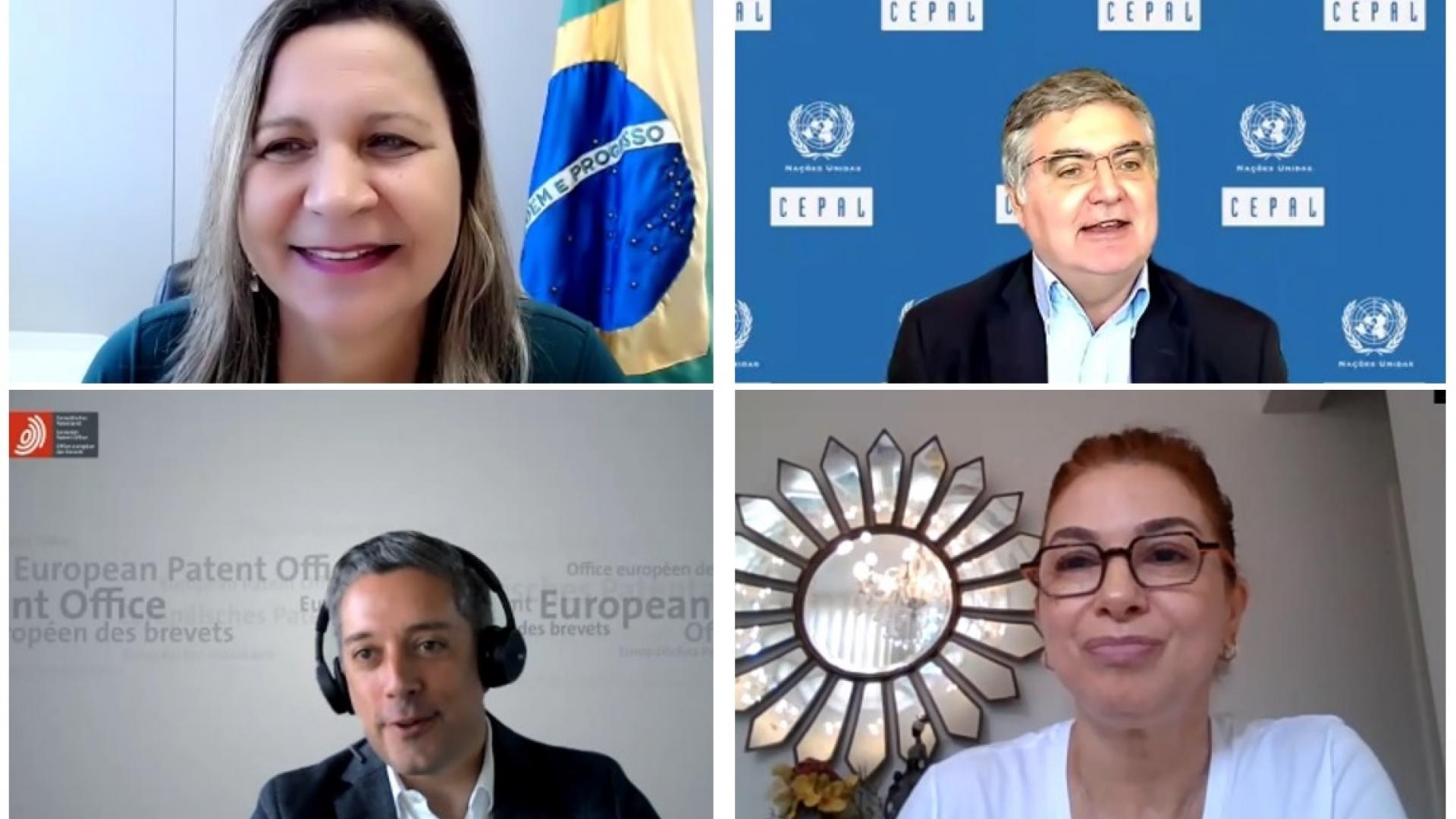Nota informativa
(20 August 2010) The Economic Commission for Latin America and the Caribbean (ECLAC) will present three successful projects that support youths at social risk in the region at the Third Meeting for the Creative Replication of Innovative Experiences in Support of Youths at Social Risk to take place in San José, Costa Rica on 24 August.
The event will be inaugurated at 1.30 p.m. by the President of Costa Rica, Laura Chinchilla, with the participation of Hernando Paris, the Costa Rican Minister of Justice and Peace, and María Elisa Bernal, director of ECLAC's Experiences in Social Innovation project. It is coordinated by ECLAC and the Ministries of Justice and Peace and of Social Welfare and Family of Costa Rica.
The three projects were prize-winners of the Experiences in Social Innovation contest organized by ECLAC with support from the Kellogg Foundation since 2004. The contest seeks to identify and disseminate creative social development initiatives in the areas of community health, basic education, youths, nutrition, income generation, rural development, social responsibility and volunteering.
ECLAC studies indicate a rising trend in juvenile violence in the region, expressed in delinquency, gangs, street fights and weapons possession. The main detonators of this phenomenon include poverty, unemployment and domestic violence.
According to ECLAC, in order to reduce youth violence policies should be geared at addressing its causes through education, programmes to strengthen first employment and the social reinsertion of rehabilitated youths. The three projects to be presented in San José work in that direction.
One of them, Support System for Supervised Adolescents (Solicitor General of the Judicial Power of the Province of Buenos Aires, Argentina) provides scholarships and assigns a tutor to accompany juvenile offenders as an alternative to incarceration, prior judicial authorization, to help them define and carry out independent lives.
In Guatemala, the project Prevention of the Drug and Gang Phenomenon in Urban and Rural Marginal Areas (Ceiba Group Association) seeks to prevent youth violence and diminish the social damage caused by drugs and gangs as well as the socioeconomic exclusion of children and youths in marginal areas by offering them the possibility of completing their formal education and receive labour training.
The Fénix Programme: Integral Development and Opportunities for Youths in Situation of Social Risk and Conflict (Family Allowance Fund of Antioquia, Colombia) helps youths in marginal neighborhoods of Medellín, many of them former gang members, improve their possibilities of social reinsertion through a participatory educational process.
The Third Meeting for the Creative Replication of Innovative Experiences in Support of Youths at Social Risk will be broadcast directly via webcast. More information on the Experiences in Social Innovation project is available online. Contact: Pilar Bascuñán, pilar.bascunan@cepal.org; telephone: (562) 210-2315.
For other enquiries, contact ECLAC's Public Information and Web Services Section. Email: dpisantiago@cepal.org; telephone: (56-2) 210-2040/2149.



